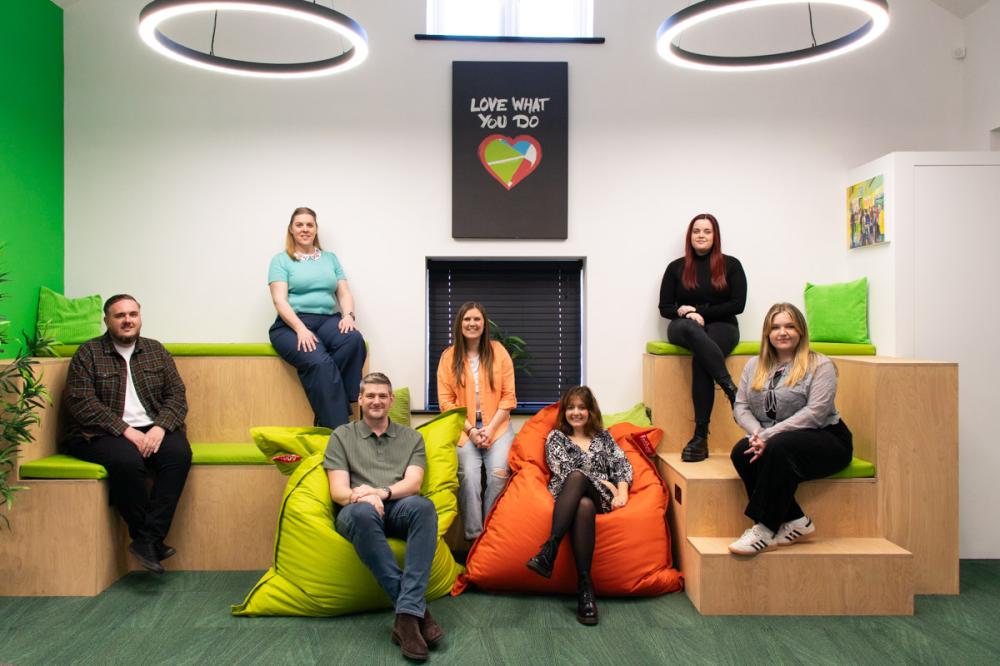In our evolving marketplace, research and development (R&D) is the lifeblood of sustainable business success.
Companies investing in systematic R&D activities show higher growth rates. Understanding why R&D proves essential helps organisations make informed investment decisions that drive long-term competitiveness.
1. The Definition and Scope of Research and Development
R&D is about activities designed to increase knowledge and develop new applications for existing understanding. This broad definition includes product development, process optimisation, technological advancement, and market research across diverse industries. Modern R&D is more than traditional laboratory settings and includes software development, service enhancement, and operational methodology improvements. Contemporary R&D activities range from fundamental research exploring basic scientific principles to applied research addressing specific commercial challenges. This diversity allows organisations of various sizes to engage in R&D appropriate to their resources and objectives, whether developing groundbreaking technologies or incrementally improving existing processes.
2. Innovation as a Competitive Advantage
R&D is the primary catalyst for innovation, allowing companies to create differentiated products and services that command premium pricing and market share. Apple's sustained investment in R&D—approximately 7.8% of revenue annually, as of 2023—correlates with its ability to introduce revolutionary products that define entire market categories. Similarly, pharmaceutical companies typically invest 15-20% of revenue in R&D, recognising that innovation is their primary competitive advantage. This innovation advantage is about product development but also encompasses process improvements that lower costs, increase quality, and accelerate time-to-market. Companies maintaining consistent R&D investment show greater resilience during economic downturns while capturing disproportionate growth during expansion periods.
3. Driving Cost Efficiency and Process Optimisation
Effective R&D initiatives often identify opportunities for operational improvement that reduce costs while maintaining or improving quality. Manufacturing companies investing in process R&D typically achieve 10-25% efficiency gains through automation, waste reduction, and workflow optimisation. These improvements compound over time, creating sustainable competitive advantages that prove difficult for competitors to replicate. For technology-dependent industries, R&D investment in equipment optimisation proves particularly valuable. Guaranteeing laboratory and testing environments have appropriate instrumentation—including reliable DC power supplies for consistent equipment operation—allows for accurate research outcomes and prevents costly experimental errors that could derail development projects.
4. Intellectual Property and Competitive Barriers
R&D activities frequently generate valuable intellectual property that creates protective barriers around innovations. Companies with solid patent portfolios show higher market valuations than comparable firms without significant IP assets. These protections enable organisations to recoup R&D investments while maintaining competitive advantages.
5. Government Incentives and Funding
The UK government recognises R&D's economic importance through various incentive programmes. The R&D Tax Credit scheme allows companies to lower corporation tax liability or claim cash payments for qualifying R&D expenditure. Additionally, programmes like Innovate UK give grants supporting collaborative research projects, particularly benefiting small and medium enterprises lacking internal R&D resources.
When understanding R&D's multifaceted benefits—from direct innovation outcomes to tax advantages—companies can make better decisions about investment levels that support both immediate objectives and long-term strategic positioning in competitive markets.







